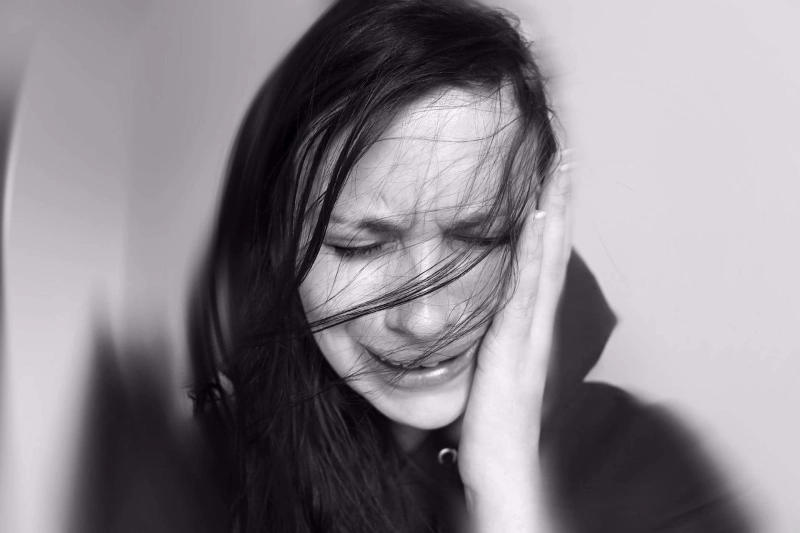Depression is a common mental health condition that affects millions of people worldwide. It's more than just feeling sad; it's a persistent feeling of emptiness, hopelessness, and a loss of interest in activities once enjoyed. While it can be a challenging experience, it's essential to remember that help is available.
Symptoms of Depression
Depression manifests differently in individuals, but common symptoms include:
Persistent sadness, emptiness, or hopelessnessLoss of interest in hobbies and activitiesChanges in appetite or weightDifficulty sleeping or excessive sleepingFatigue or loss of energyDifficulty concentrating, making decisions, or remembering thingsFeelings of worthlessness or guiltThoughts of death or suicidePhysical aches and painsCauses of Depression
The exact causes of depression are complex and not fully understood. However, several factors can contribute to its development, including:
Biological factors: Genetics, brain chemistry, and hormonal imbalances.Environmental factors: Stressful life events, trauma, loss, and ongoing challenges.Psychological factors: Negative thought patterns, low self-esteem, and difficulty coping with stress.Treatment for Depression
If you're experiencing symptoms of depression, seeking professional help is crucial. A psychiatrist in Bhopal can provide a comprehensive evaluation and develop a tailored treatment plan.
Treatment options may include:
Medication: Antidepressants can help regulate brain chemistry and alleviate symptoms.Psychotherapy: Talking therapies like cognitive-behavioral therapy (CBT) can help you identify and challenge negative thought patterns.Lifestyle changes: Regular exercise, a healthy diet, sufficient sleep, and stress management techniques can complement professional treatment.It's important to note that recovery from depression takes time and patience. With the right support and treatment, you can overcome this challenge and regain your well-being.


